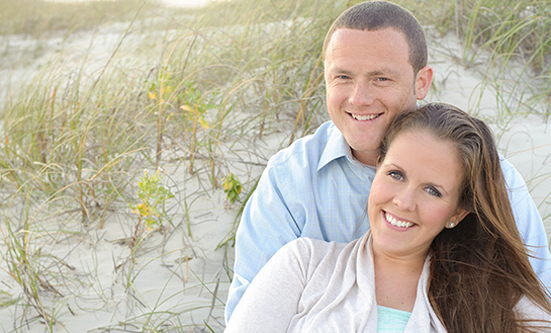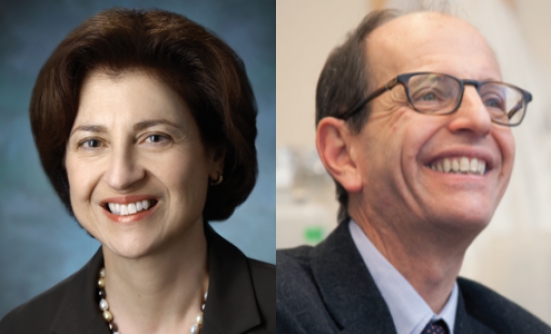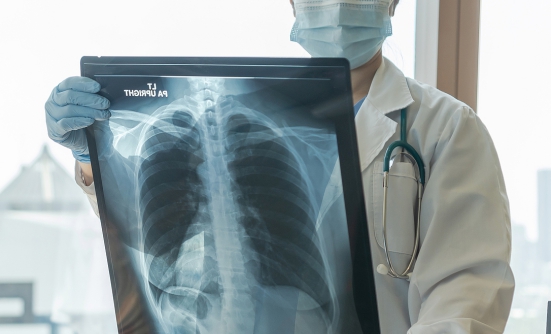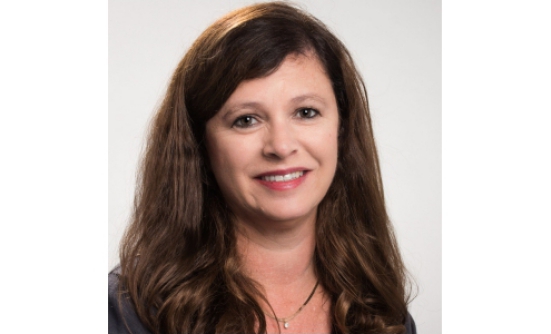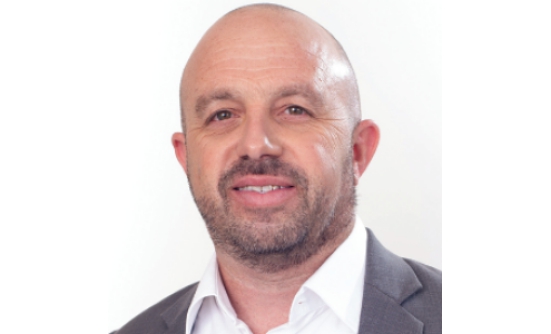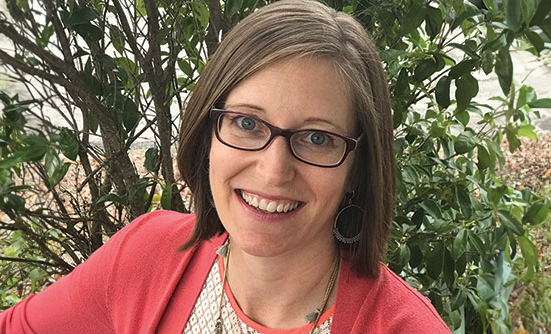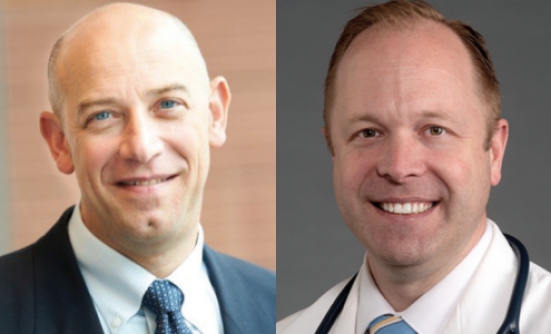Taylor Duck of Greenville, NC, had one dream—to play Division One Soccer. When she was accepted to East Carolina University in 2005, it seemed that she would finally get her chance. But during her freshman year she started experiencing unexplained numbness and tingling in her toes and recurrent pneumonia. No one suspected anything serious.
“Everyone on the team had to complete a fitness test,” Ms. Duck said. “I knew that this could take time, but no matter how hard I trained, I couldn’t pass. I was frustrated and miserable, and after a year gave up.”
In 2007, she went to the emergency department with a severe stomachache.
“I thought my appendix had ruptured,” she said. “A CT scan showed that my abdomen and pelvis were normal. However, they discovered that my left lung was collapsed, and I had a 4-centimeter mass in my upper lobe.”
Genetics and Lung Cancer
“I heard mass and didn’t associate it with lung cancer, even though my grandmother had recently died of the disease, just 40 days after diagnosis,” Ms. Duck said. “The mass scared me, but as a 21-year-old athlete who had never smoked, you think, ‘there’s no way in hell that I have lung cancer.’” A few days later, she received her official diagnosis.
“A surgeon walked up to me to shake my hand and said, ‘So, I understand you have lung cancer.’ I didn’t even know I had it until that moment. At that point I started thinking that I only had a few months to live. It’s hard not to go there, no matter how optimistic you are.”
Three weeks later, Ms. Duck underwent thoracoscopic surgery at Duke Cancer Institute to remove parts of her left lung and the 4-cm mass.
“The surgery was miserable. I think they thought I would have an easy recovery, because I was in such good shape physically, but I was in so much pain, there was nothing that could get me out of bed. I had to be bribed,” she said.
She also had to continue as a full-time college student to keep her health insurance. Ms. Duck had her surgery in November and returned to school for the new semester in January.
“My friends really didn’t know how to relate to me,” she said. “People saw me as whole, because I looked normal on the outside. I didn’t have chemotherapy or radiation, so I didn’t lose my hair or anything like that. But I had a completely different lifestyle. I couldn’t go to a bar; I couldn’t go to the gym; I could barely go to class. Everything happened so quickly, there wasn’t really time to tell everyone what was going on.”
She added, “My life was completely changed from the person I was before. Luckily I had joined a sorority, where I was in a leadership position, which was a great opportunity. I spent a lot of time studying, and a lot of time with my boyfriend, now husband, who I met just 2 weeks before my diagnosis.”
Becoming an Advocate
During spring break, Ms. Duck was feeling really low. Still recovering from the surgery, she visited Duke Cancer Institute for a checkup.
“I was really down in the dumps and feeling sorry for myself,” she said. “My doctor looked at me and he said, ‘Taylor, I’m sorry, and I understand that you have been through a lot. But you have to understand that you are a survivor. You are one of the 15%. You are intelligent, and you are well-spoken. You are doing a disservice by sitting here and sulking. It is time for you to get up and start talking and start advocating.’”
Since that day, she has not stopped. “I respect him so much for having that conversation with me. I don’t know if I’d be where I am today if he hadn’t had that conversation with me. My diagnosis led me to my career path.”
Building a Survivorship Program
After graduation, Ms. Duck spent 3 years building a survivorship program at Leo W. Jenkins Cancer Center under the direction of the University of North Carolina Lineberger Comprehensive Cancer Program. She is currently pursuing a master of science degree in public administration while working as a physician outreach manager for Vidant Health, where she represents the cancer service line.
Over the years Ms. Duck has made an effort to learn as much as she could about resources for patients with lung cancer. She uses her story to educate patients and physicians.
She is also with the Patient Advisory Board of the Bonnie J. Addario Lung Cancer Foundation and was instrumental in creating the volunteer group Jill’s Legacy, dedicated to ending lung cancer by showing that young, never-smoking athletes can get lung cancer.
“The Genomics of Young Lung Cancer study is something I’m very excited about and promote as much as I can. It’s not just about changing the face of the disease, it’s always been about what I can do to help,” Ms. Duck emphasized.
“Lung cancer is still at the same 15% survival rate as it was 45 years ago. Doing what has always been done is not working. We have got to think outside the box and push the limits, if we’re going to see any changes. Bonnie’s organization does that, and that’s something I want to be a part of,” she emphasized.





